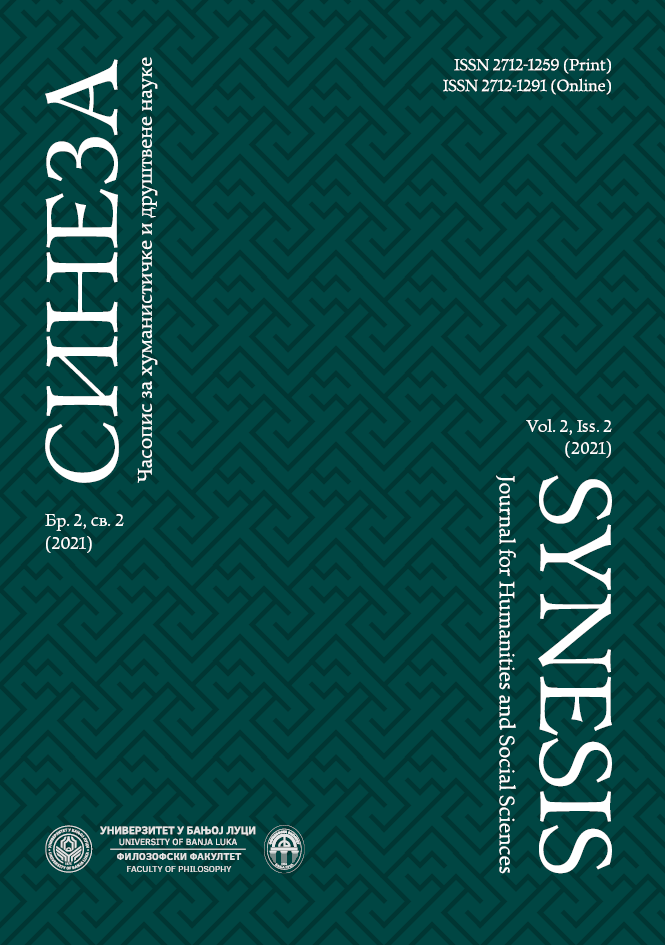Pojedini aspekti samoreferentne prirode osnovnih principa saznanja u Fihteovoj i Kantovoj transcendentalnoj koncepciji
Pojedini aspekti samoreferentne prirode osnovnih principa saznanja u Fihteovoj i Kantovoj transcendentalnoj koncepciji
Author(s): Saša LaketaSubject(s): Epistemology, German Idealism
Published by: Filozofski fakultet, Univerzitet u Banjoj Luci
Keywords: self-referentiality; transcendental; I; knowledge; certainty;
Summary/Abstract: self-referentiality; transcendental; I; knowledge; certainty;In this paper, guided by the considerations related to certain aspects of the self-referential nature of the basic principles of knowledge that we find in Fichte’s and Kant’s transcendental conception, we’ll try to demonstrate that the problem of self-referentiality can be used as a good starting point for more thorough consideration of the transcendental position in general, but also as a region where the critique of certain, self-evident, starting points of traditional, pre-Kantian, philosophies can be carried out differently and more efficiently. Contrary to philosophical conceptions characterized by substantialism, which - whether that they are starting from empiristic whether rationalistic philosophical backgrounds - presupposed a common ontological source in which, with greater or lesser certainty, answers to most philosophical questions were supposed to be found, transcendentalists argued that the basic principles of knowledge could be expressed as principles only in the case when their substantial or referential point had unquestionably been demonstrated as essentially their, autonomous and inseparable, feature and when the givenness of the object of knowledge had been demonstrated as their constitutive/constructive result. Following this path, we’ll deal with the problem of the apophatic nature of self-referentiality and the problem of the practical character of transcendental principles of knowledge, which is essentially connected with it, but also with the question of justification of epistemological advantage of self-referential principles. We’ll try to resolve the latest question by evoking a few basic motives that could be found in the Kantian critique of Hume’s psychologism.
Journal: Sineza
- Issue Year: 2/2021
- Issue No: 2
- Page Range: 69-81
- Page Count: 13
- Language: Serbian

